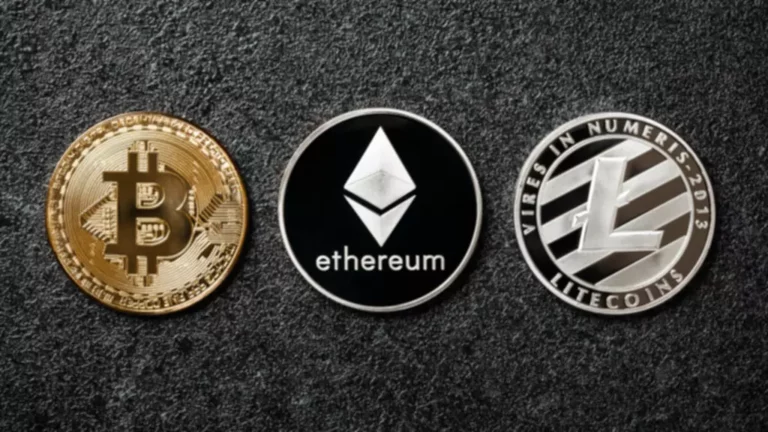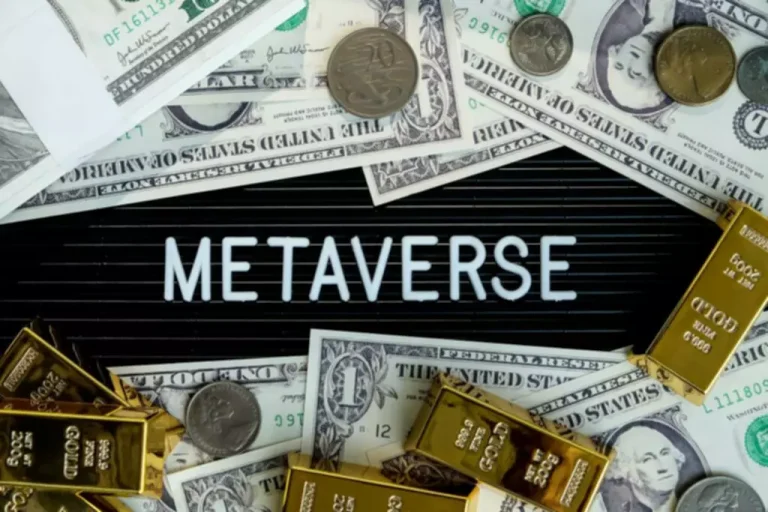Customers who need to commerce on a centralized change have to deposit fiat cash or cryptocurrency into an account or pockets managed by the exchange’s operators. When a user needs to cash out from the platform, they should submit a withdrawal request for his or her fiat cash or cryptocurrency. Most centralized exchanges supply high liquidity, enabling fast execution of enormous orders, which is nice for both retail and institutional purchasers. Some CEXs additionally offer access to advanced trading instruments like margin trading. Now, let’s take a closer have a look at a number of the differences between centralized and decentralized exchanges. Some of probably the most broadly used decentralized exchanges embody Uniswap, PancakeSwap, and dYdX.
Merchants or traders making giant volume orders can often find a higher value doing over-the-counter (OTC) trades or using a CEX with deep order books, like Binance. As large centralized entities, CEXs are frequently the targets of attacks Stockbroker, which suggests any consumer funds saved on a CEX are prone to theft. Whereas CEXs prioritize security, they can’t get rid of the chance of hacks and theft. Over the years, several high-profile hacks have occurred, such as the Mt. Gox hack.
Features Of A Centralized Crypto Change
CEXs usually require users to complete Know Your Customer (KYC) procedures, collecting personal data to adjust to regulations. DEXs, nevertheless, usually function with out mandatory KYC, enabling users to trade anonymously and keep greater privateness. DEXs additionally require users to connect non-custodial wallets to execute trades and transfer funds, which might come off as a posh process. Since DEXs are permissionless, new projects https://www.xcritical.com/ can simply listing their tokens and create liquidity pools. This offers customers the possibility to get in early on projects before they get listed on a CEX.
- User-Friendly – A centralized exchange has a gorgeous, easy-to-navigate interface.
- To use a DEX, you only want a crypto pockets and a few crypto (including enough for any gas / transaction fees).
- Regarding functionalities, DEXs offer a a lot more complete vary of buying and selling choices than CEXs.
- Decentralized exchanges are normally much more limited in this regard.
- Nonetheless, users should be conscious that DEXs typically require them to pay gasoline charges for every transaction, which may vary based mostly on community congestion.
A DEX allows its users to trade with one another instantly with none middlemen. A centralized trade operates as a digital marketplace where customers can commerce cryptocurrencies. A central authority, similar to traditional stock exchanges, manages these exchanges.
Moreover, DEXs might have decrease liquidity compared to CEXs, doubtlessly resulting in slippage during massive trades. CEXs typically offer higher liquidity due to their giant person bases and lively market-making, facilitating smoother and faster trades. DEXs might experience lower liquidity, which can lead to slippage and fewer favorable prices, especially for large orders. Examples of main centralized exchanges embrace Binance, Coinbase, and Changelly.
Centralized Change (cex)
As An Alternative, users commerce instantly from their own cryptocurrency pockets and use their non-public keys to approve good contract transactions after they want to make a trade. Decentralized Crypto Exchanges (DEXs) differ significantly from centralized exchanges (CEXs). DEXs are Web3 protocols built on proof-of-stake blockchains just like the Ethereum community. These smart contract-driven exchanges are run by peer-to-peer platforms allowing users to commerce cryptocurrencies immediately with out intermediaries or middlemen.

They usually have a digital library of educational supplies on all issues crypto-related. Customer support is often easy to entry, although this varies relying on the change. Reading crypto exchange reviews online may help customers get a greater thought of the strengths and weaknesses of any given change. Even although you’re in management of your personal keys when using a decentralized exchange, that doesn’t imply that utilizing a DEX is perfectly safe. Smart contracts can have bugs that malicious actors can exploit to steal funds from customers.
If you’re proud of the companies offered by the CEX you’re using, there’s no need to switch. For many, a CEX presents the best balance of ease of use and out there assist. If you’re trying to invest in an intensive vary of latest projects with low market caps, a DEX can also be your finest bet.
Latest Articles In Defi
The organization controlling order execution acts as the intermediary between the merchants who are shopping for a cryptocurrency and individuals who are promoting it. Incessantly, although not at all times difference between cex and dex, they operate under regulatory oversight. Some of the most effective known CEXs are Binance, Kraken and Coinbase and they’re more well-liked general than DEXs, with larger userbases and much larger trading volume.

CEXs, while more user-friendly, carry risks related to custody, regulatory exposure, and knowledge breaches. A CEX is a centralized exchange where a government manages transactions, while a DEX is a decentralized trade that operates without intermediaries. Many centralized exchanges adhere to monetary regulations, implementing KYC and AML procedures. This compliance enhances person trust and safety, with some exchanges even offering insurance coverage for user funds. Users who are new to crypto are doubtless higher off choosing a centralized crypto trade.
These are features that improve consumer experience, security, monetary companies, and platform functionality. How do CEXs and DEXs deal with consumer funds and private keys in a different way, and what are the security implications? CEXs maintain user funds of their custody, whereas DEXs enable users to take care of management of their non-public keys and funds.
There’s no one-size-fits-all reply in the CEX vs DEX crypto conversation. The best choice is dependent upon your business objectives, customer expectations, regulatory necessities, and long-term growth plans. For more information on the topic, refer to our What Is a Decentralized Change (DEX)?

About The Author: IT Support
More posts by IT Support